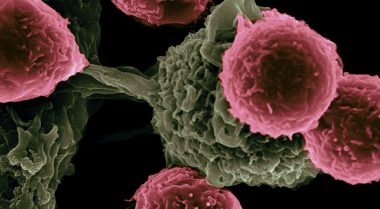Caitlin Partridge
PhD Student (Big Data for Complex Disease programme) at Swansea University

I completed my MSci in Natural Sciences at Lancaster University studying mathematics, physics and statistics, where I became interested in working with health data. Having spent a year at the University of Waterloo and having the opportunity to study biostatistics, I became passionate that I wanted to utilise my statistical skills to benefit society, especially in the area of medical and health science. In particular, I am interested in utilising linked electronic health records to address complex disease.
Project Information
Research Driver Programme: Big Data for Complex Diseases
Title: Modelling the Impact of Diagnostic Pathways in Cancer & Cardiovascular Disease
Summary:
Many patients who are diagnosed with either cancer and/or cardiovascular disease (CVD) receive their diagnosis in Accident and Emergency (A&E). These patients tend to have more severe disease than those who receive a diagnosis from their General Practice (GP). This project focuses on developing mathematical models to estimate the advantages of earlier diagnosis through GPs for both patients and the National Health Service (NHS). Considering the frequent co-occurrence of cancer and CVD, this project seeks to improve patient outcomes and diminish potential health disparities by refining the diagnostic pathway for these diseases. Ultimately, this project aims to contribute to improving the early detection and management of cancer and CVD, thereby positively impacting patient well-being and healthcare systems.
What is your motivation for undertaking this project and how will this funding impact your research?
After graduating in the summer, I decided I wanted to pursue my interest in biostatistics and working with large, linked, electronic health data. I was delighted to hear about a PhD opportunity with HDR UK which would allow me to apply my skills whilst making a direct contribution to improving the lives of individuals living with complex disease. The HDR UK PhD studentship will allow me to network with leaders in this field, develop my skills in the analysis of large, linked, electronic health records, and ensure that I undertake impactful research that is important to the NHS, patients, and the public.


